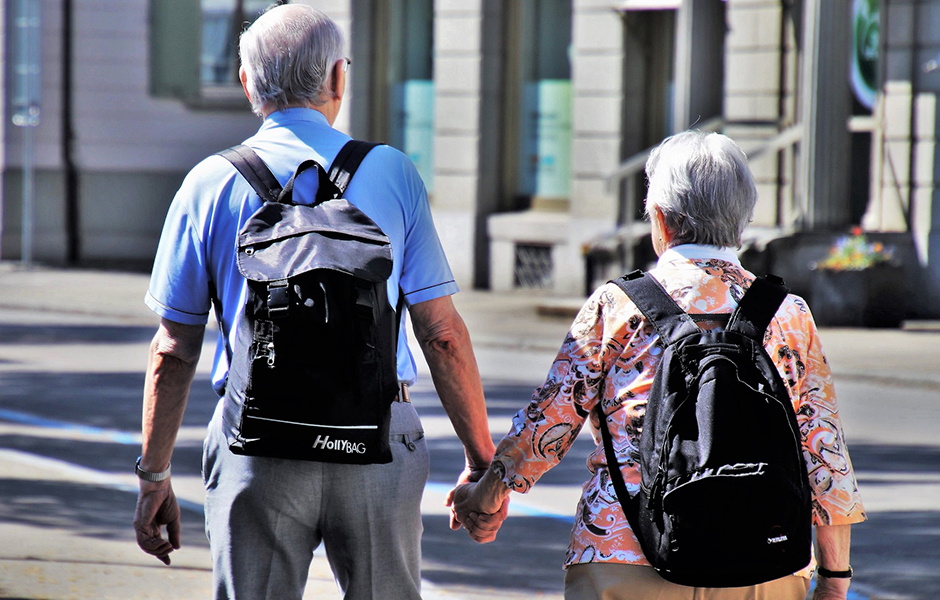The Handbook of Adapted Physical Activity for People with Dementia, developed under the National Program for the Promotion of Physical Activity (PNPAF) of the Directorate-General for Health (DGS), has been launched.
One of the authors of this new handbook, available on the DGS website, is Óscar Ribeiro, a researcher at CINTESIS@RISE/University of Aveiro and a recognized expert in research on aging.
Óscar Ribeiro collaborated with other authors, namely the first author, Flávia Machado, from the Physical Activity, Health and Leisure Research Center of the ITR Associate Laboratory (CIAFEL@ITR/ Faculty of Sports of the University of Porto). The team also included Duarte Barros and Joana Carvalho, from the same unit.
“The aim of this handbook is to promote physical activity and physical exercise guided by specialized professionals for people living with dementia and their caregivers, and to contribute to the acquisition of a common language that facilitates teamwork between health, exercise and/or sports professionals with regard to the identification of intervention strategies leading to the adoption of more active lifestyles and the practice of structured physical or sports activity,” said the authors.
The document provides “strategies and methodological guidelines for health, exercise and sports professionals, relevant information, scientifically supported, for the existence of a prescription and the development of more effective programs”.
The aim is to create “more opportunities for this population to take part in physical activity, whether formal or informal, for recreation, leisure or sport in a family, community or institutional context”.
Dementia is a syndrome with several subtypes, the distinction between which is made taking into account the combination of temporal evolution, the cognitive domains affected and the associated neuropsychiatric symptoms. Currently, more than 55 million people have been diagnosed with dementia worldwide, and it is estimated that by 2030 this figure will rise to around 78 million.
It is considered that “the promotion of non-pharmacological adjuvant interventions such as physical activity and exercise are key to mitigating or delaying the cognitive and functional decline associated with the progression of dementia, improving quality of life, and ensuring that people remain in their environment for longer”.
This handbook is part of a collection of 10 Physical Activity Handbooks, which can be accessed online.

